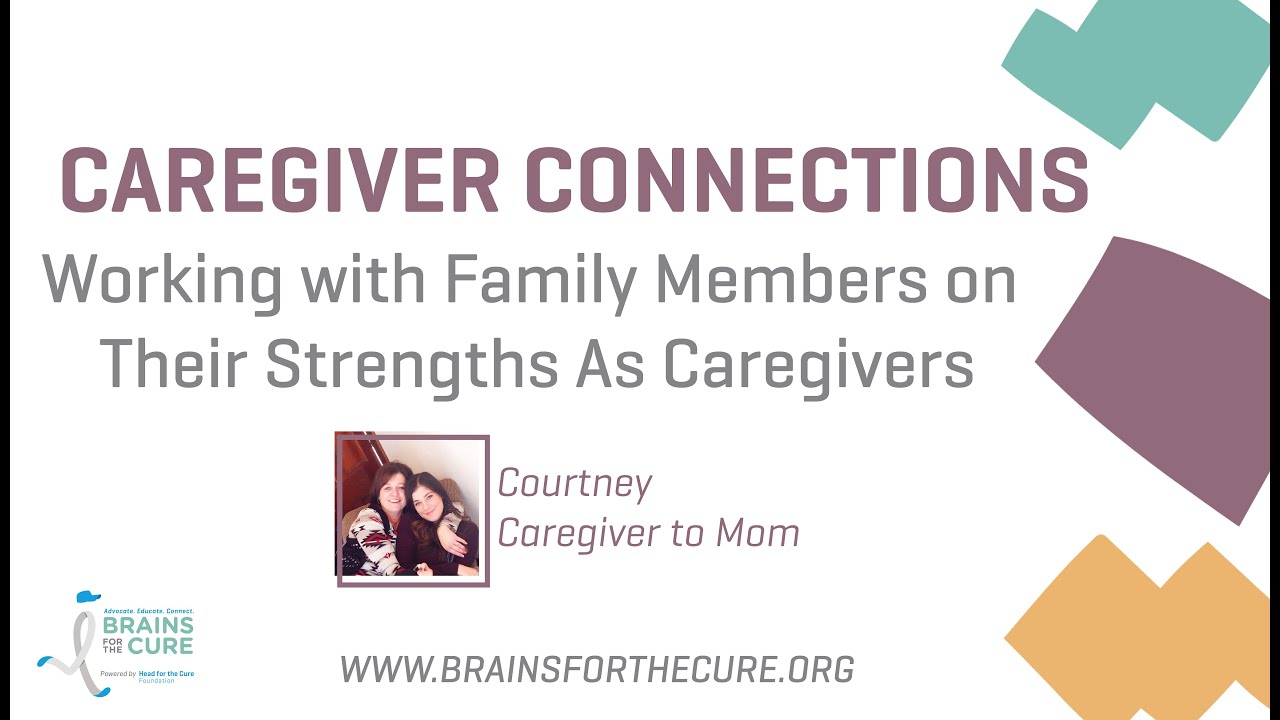Understanding Government Assistance Programs for Brain Cancer Patients
Facing a diagnosis of brain cancer can be overwhelming, not just emotionally and physically, but also financially. Fortunately, there are government assistance programs designed to provide support to individuals and families dealing with the challenges of brain cancer. In this article, we’ll explore Medicaid, Medicare, Social Security Disability Income (SSDI), and Social Security Income (SSI) in the context of brain cancer, outlining eligibility criteria, benefits, and how these programs can offer crucial assistance.MedicaidMedicaid is a joint federal and state program that provides health coverage to low-income individuals, including those diagnosed with brain cancer.
April 11, 2024


